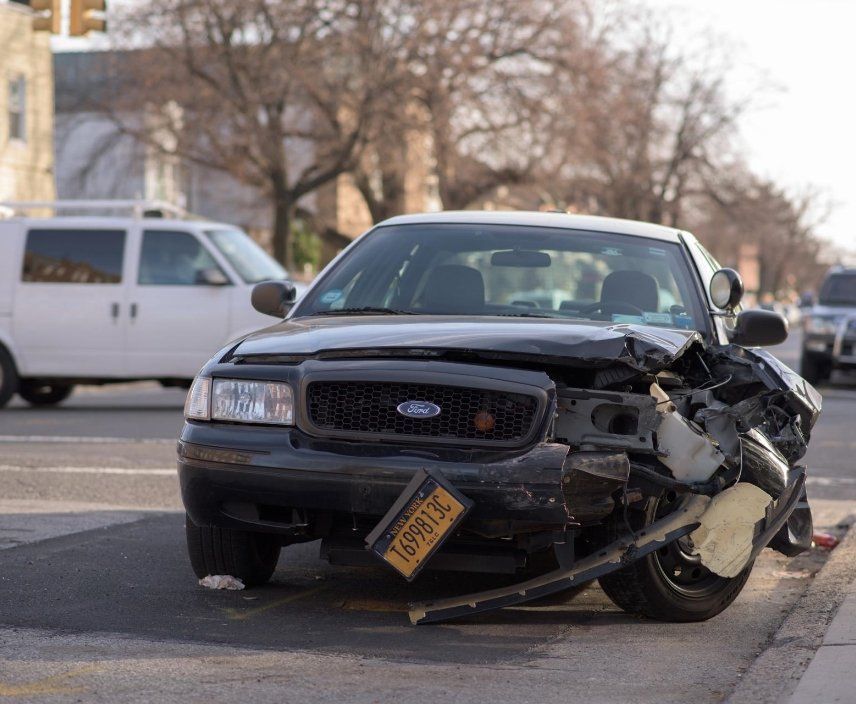State v. Storholm, Court of Appeals Holds That a Police Officer Can Be Qualified to Draw Blood
Background
Phoenix police officer Thomas Tieman stopped the defendant for driving without his headlights and for following a vehicle too closely. The officer detected an odor of alcohol on defendant’s breath and observed that the defendant had fumbling fingers, bloodshot and watery eyes, and slurred speech. After the defendant failed field sobriety tests, officer Tieman arrested him for driving under the influence of intoxicating liquor. The defendant was taken to a police van, where another officer advised the defendant of his rights. The defendant agreed to take a breath test, which revealed a breath-alcohol concentration of 0.117 percent.
The defendant was not provided a sample of his breath, although the machine, the Intoxilyzer 5000EN, was capable of being fitted with an attachment that could preserve a sample. The defendant was informed of his right to obtain an independent chemical test, but he failed to do so.
The defendant was charged with aggravated driving while under the influence of intoxicating liquor and aggravated driving with an alcohol concentration of 0.08 percent or higher in his body within two hours of driving a motor vehicle, both Class 4 felonies.
Attempts to Suppress the Blood Test Results
The defendant unsuccessfully moved to suppress the results of his breath test because the defendant was not provided a sample of his breath. At trial, the defendant stipulated that he knew, or had reason to know, that his license was suspended at the time he was arrested. A jury convicted the defendant on both charges. The court placed the defendant on probation for two years and also sentenced the defendant to four months of incarceration.
Court’s Ruling
The only issue on appeal is whether Constitutional due process requires law enforcement to provide those accused of driving under the influence with their own breath samples for independent testing.
The Court of Appeals stated the record failed to show either that the defendant was totally unable to obtain a breath sample and have it tested through another source, or that any difficulties were created by the State. In support of his contention, the defendant merely asserted that the manufacturer of a particular machine did not sell the machine to private persons.
The court went on to state that the record failed to show that the defendant had even attempted to obtain independent testing of his breath. The defendant did not offer any evidence that the State had created the difficulty he identified in obtaining a breath sample. On the contrary, the record showed that the defendant was informed of his right to seek an independent chemical test but did not seek one. He could have obtained a blood test. Consequently, the difficulty that the defendant identified in obtaining an independent breath sample failed to create a due process violation.
In sum, the Court of Appeals held that Constitutional due process did not require law enforcement to provide a defendant with his own breath sample for independent testing.








Summary appeared first on Lawrence Koplow: Arizona DUI Attorney | Phoenix & Scottsdale.

DUI Library
The best DUI defense stuff that only a few know and none want to share. A one of a kind annotated resource for lawyers, people accused, or anyone who wants to see what’s going on in our justice system with DUI cases…and how to fix it.

Contact Information
Office Hours
- Mon - Fri
- -
- Sat - Sun
- Closed
What Happens After You Reach Out
A team member will begin reviewing your case.
We will contact you to ask questions and go over your options.
We will determine, together with you, what makes sense for the next step for you and your family to take.
Ready to Fix This?
Contact Us
We will get back to you as soon as possible.
Please try again later.
OUR SERVICES
QUICK LINKS
CONTACT US

